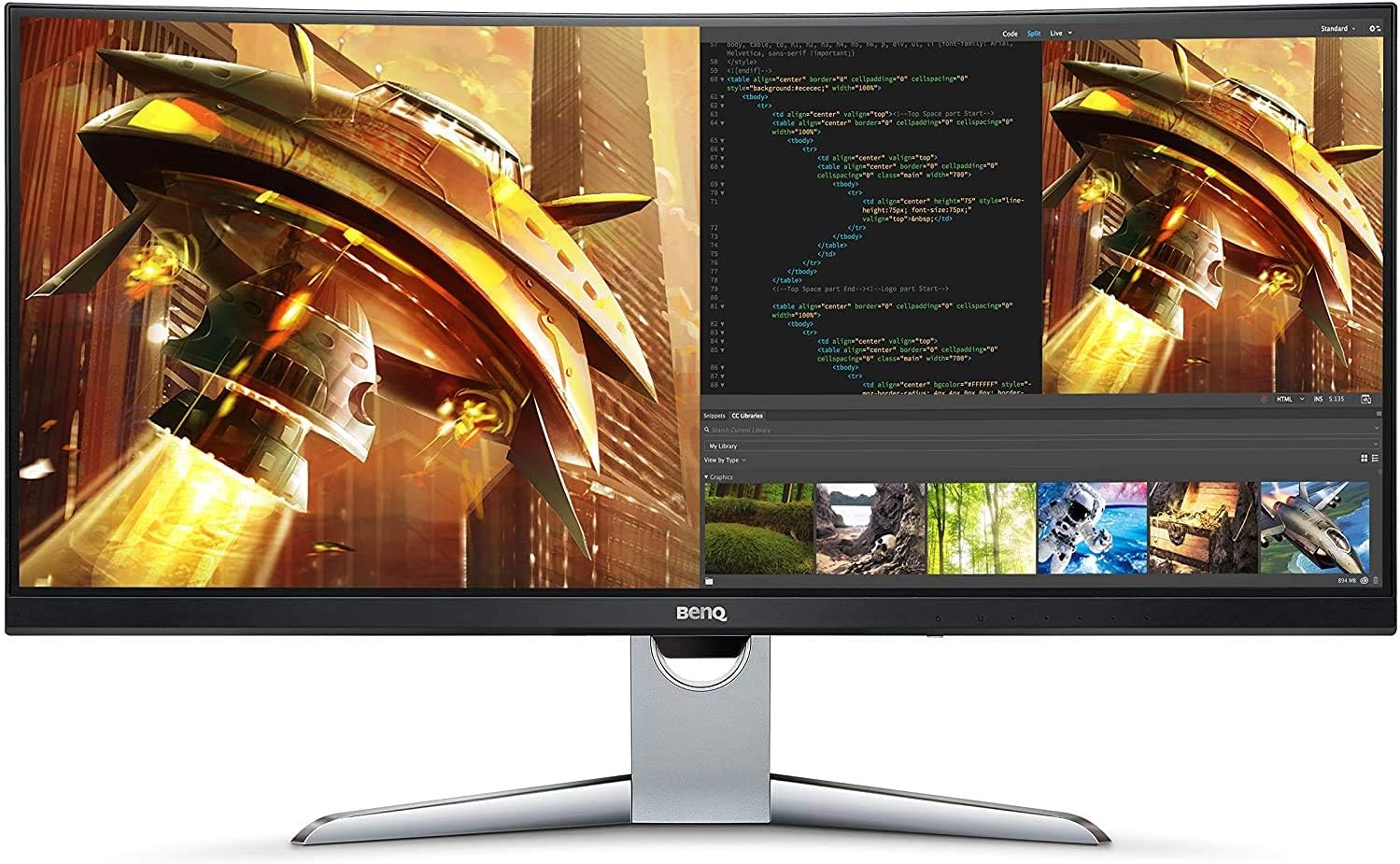
AI Note-Taking – A Review of the New Wave of Tools for Automatic Information Capture and Summarization
The silent revolution of thinking
There’s something poetic about watching your thoughts being transcribed and organized by a machine while your cat stares at the screen, convinced that you’ve hired a tiny invisible assistant. That’s essentially what modern AI note-taking tools promise: frictionless memory. From meetings to midnight ideas, they record, label, and summarize everything so you can focus on thinking — not typing.
But let’s be honest: half of us don’t need another “smart” app. We need one that actually listens, learns, and writes with context. So I spent weeks testing the new generation of AI note-taking tools — Notion AI, Mem, AudioPen, Reflect, Fireflies, and even some startup curiosities like TalkNotes and Bubbles. I wanted to know one thing: can they truly think with you, or just after you?
Kevin, my lilac British Shorthair, helped — mostly by sitting on the keyboard during dictation. Which, to be fair, is also a form of note-taking interference testing.
Why AI note-taking matters now
We used to treat note-taking as an act of transcription. Now, it’s morphing into co-creation. Meetings are no longer about “who wrote what.” Instead, they’re about generating structured knowledge from chaotic talk. The AI sits quietly in the corner, capturing tone, intent, and action items before anyone says “let’s recap.”
In 2024 and 2025, the biggest leap wasn’t in transcription accuracy — it was in semantic synthesis. Tools like Fireflies.ai and Supernormal can identify tasks, detect sentiment, and even link decisions across recurring meetings. Meanwhile, Mem and Reflect merge those insights with your daily notes, turning chaos into narrative.
[Kevin], of course, is unimpressed. But if you’ve ever lost a key idea in a sea of Slack threads, these systems feel like a superpower.
How we evaluated the tools
I wanted real-world scenarios: morning stand-ups, podcast notes, client calls, research summaries, and that classic “brain dump” moment before bed. Each tool had to prove three things:
- Accuracy – Can it capture meaning, not just words?
- Context – Does it connect new info with what you already know?
- Friction – Can it disappear into the background so you can focus?
To keep it consistent, I dictated the same five-minute reflection — once per app — and compared the results for coherence, tone, and structure. Then I exported everything to Notion to check integration and summarization quality.
What emerged wasn’t just a ranking, but a philosophy: the best AI note-taking tools don’t aim for completeness; they aim for clarity.
Notion AI – the structured thinker
Notion AI feels like having an editor who also happens to be an intern. It listens, organizes, and gently corrects you. Type a messy paragraph, and it’ll turn it into a meeting summary with bullet points and action items faster than you can say, “Who’s writing the minutes?”
But here’s the trick: Notion’s power lies in embedded context. Because it already knows your workspace, it can auto-link decisions, summarize databases, and rewrite messy documentation into readable pages. It’s ideal for teams that already live in Notion’s ecosystem — less so for those who prefer raw, unstructured thought.
[Kevin’s paw once triggered /summarize and produced a sentence about tuna distribution. Honestly, better than some human notes I’ve read.]
Mem – the memory that remembers what you forget
Mem feels personal. It doesn’t just take notes; it builds memory. Every note becomes a node in an evolving network. Mention a client name, and Mem instantly surfaces every related conversation, document, or task. It’s like an AI-powered second brain that never forgets birthdays or meeting follow-ups.
Its new summarization model, Mem X, is remarkable. It doesn’t just condense — it contextualizes. Ask, “What did we decide about Q3 roadmap last week?” and Mem answers like a project manager who actually listened.
Yet, for all its brilliance, it’s still prone to overconfidence. Sometimes it “remembers” things that never happened — the AI equivalent of a daydream.
AudioPen – your voice, re-imagined
Imagine dictating half-formed thoughts while walking, and receiving a perfectly structured paragraph by the time you sit down. That’s AudioPen’s magic. It translates voice into coherent writing with astonishing precision — and a surprisingly human tone.
Instead of typical ASR (automatic speech recognition), AudioPen applies semantic smoothing — it interprets pauses, filler words, and tone shifts to guess intent. It’s less like transcription and more like your inner narrator speaking back at you.
The mobile app syncs instantly with your notes via Markdown, making it perfect for thought capture on the go. The free tier is generous, but the premium version unlocks longer recordings and style presets (journalistic, academic, conversational).
Fireflies.ai – the enterprise note-taker
Fireflies doesn’t just record meetings; it structures them. During Zoom or Teams calls, it identifies speakers, captures topics, and creates follow-up tasks automatically. Its strength lies in analytics — sentiment charts, keyword trends, talk-time balance, even “decision heatmaps.”
The AI summaries are modular — “meeting recap,” “action items,” “decisions,” and “next steps.” This makes it invaluable for project managers, QA leads, and anyone tired of hearing “let’s circle back.”
But Fireflies can also feel invasive. Every participant gets recorded, every pause analyzed. It’s transparency with a hint of surveillance — a reminder that convenience has a cost.
Reflect Notes – simplicity with semantic muscle
Reflect is quiet. It doesn’t market itself as AI-first, yet its AI integration feels natural. You type, it tags. You reference a past idea, it recalls the entire thread. It’s like a thoughtful friend who listens without interrupting.
Its GPT-powered summarization is clean and factual — none of that over-friendly tone some tools insist on. You can export everything in plain text or Markdown, making it appealing for those who distrust vendor lock-in.
Reflect is minimalism done right. If Notion is a studio, Reflect is a notebook in a candle-lit room — calm, deliberate, human.
The dark side of effortless memory
Of course, there’s a cost to perfect recall. When every conversation, thought, and sigh becomes data, the boundaries between reflection and surveillance blur. Who owns your meeting memory? The participant, the platform, or the model that distilled it?
Data privacy in AI note-taking tools remains murky. Many vendors promise encryption, but few explain model training pipelines. If your words help improve someone else’s AI, is it still your notebook?
Kevin’s solution is simpler: chew the notebook cable.
Choosing the right tool for your brain
Here’s a pattern I noticed:
- AudioPen helps you start.
- Notion AI helps you structure.
- Mem helps you connect.
- Reflect helps you slow down.
- Fireflies helps you scale.
No single app wins universally because note-taking is deeply personal. Your brain’s rhythm — spontaneous or structured — should dictate your choice. If you love context, pick Mem. If you crave control, pick Notion. If you just need clarity, pick AudioPen.
Generative Engine Optimization
This term might sound like marketing sugar, but it’s the core idea behind every successful AI note-taker. Each app must generate meaning, not just text — optimizing thinking, not search results.
Generative Engine Optimization (GEO) means designing systems that feed the human cognitive loop: capture → summarize → reflect → create. It’s what separates a fancy recorder from a true collaborator.
For instance, Mem uses GEO to surface related notes just when your cognitive load peaks. Notion AI applies it through in-context generation. In both cases, the engine optimizes for continuity of thought, not content visibility.
It’s not about ranking in Google. It’s about ranking in your mind’s clarity.
The coming age of ambient thought
We’re approaching a moment where note-taking will vanish entirely — replaced by ambient cognition. Your smartwatch records ideas as you pace, your laptop summarizes the day as you shut it, and your digital companion drafts tomorrow’s agenda before coffee.
When this happens, the act of writing might feel nostalgic — a way to remind ourselves we still think better when our fingers move. AI note-taking doesn’t replace the mind; it expands it. The danger isn’t dependency — it’s complacency.
Kevin, stretched across my keyboard, reminds me: “sometimes the best notes are the ones you don’t take.” And he’s right. Sometimes reflection means sitting in silence and letting the mind, not the model, do the summarizing.
Closing thoughts
AI note-taking tools mark a profound shift: from remembering to understanding. They give us a mirror to our cognition — a way to see how we think, not just what we say. The challenge now is balance: embracing augmentation without losing authorship.
Maybe that’s why I still keep one physical notebook beside my Mac. Not because I need it, but because ink resists automation. And sometimes, between the lines, Kevin leaves a paw print. A reminder that thought — however digitized — remains beautifully, stubbornly human.









